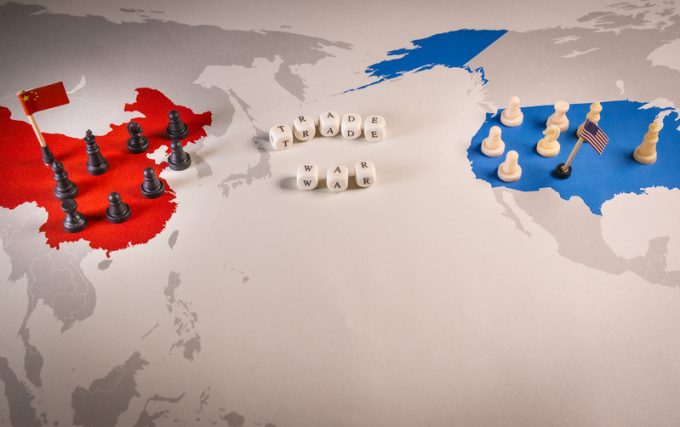Retailers scramble as Nike reveals $1bn cost rise over tariffs
Decades of optimising supply chains purely for cost benefits looks set to hit shippers with ...

Setting the stage for the return of Donald Trump to the White House, China and the US have kicked-off 2025 with what appear to be “tit-for-tat” efforts to scupper each another’s commercial interests in their respective jurisdictions.
Yesterday, The Loadstar reported that ...


Comment on this article